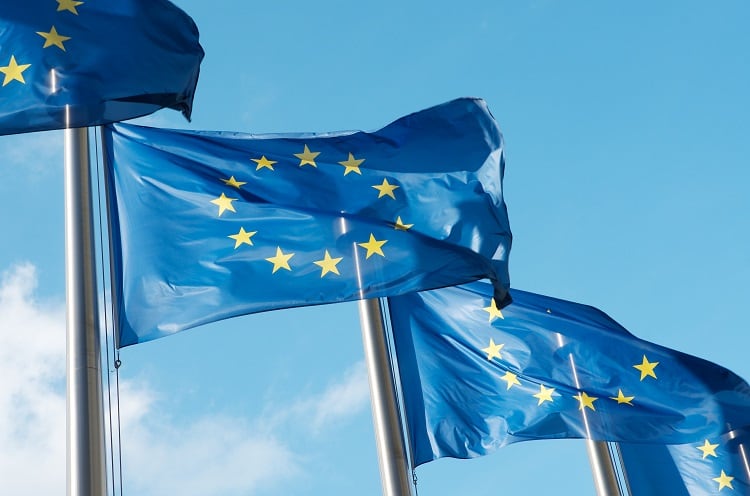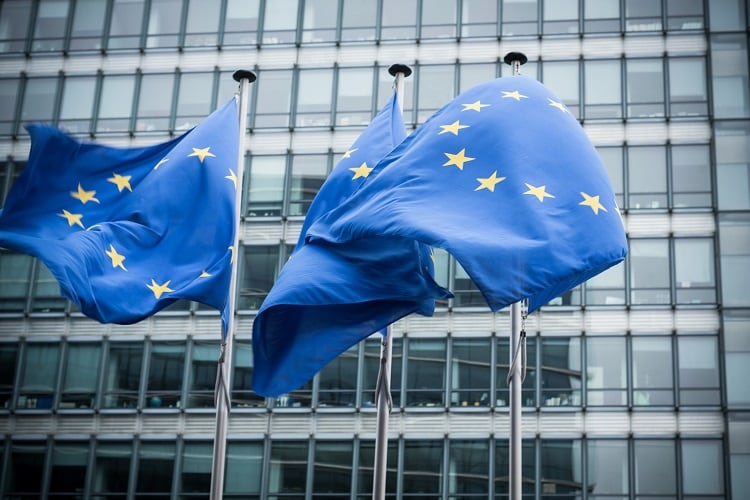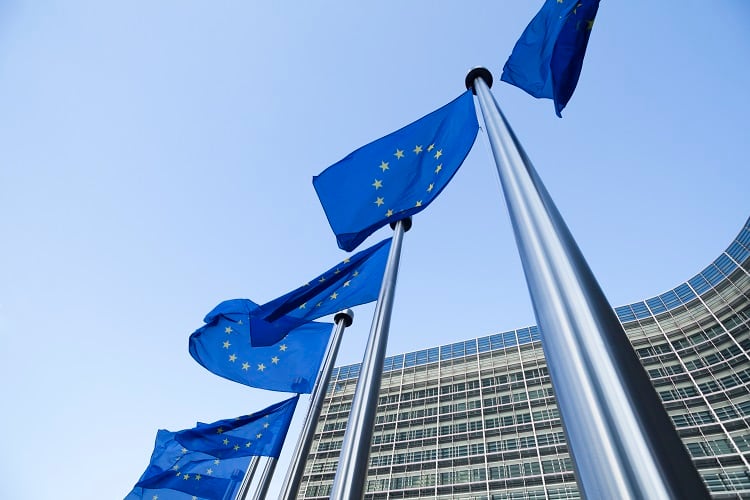Last week, the European Union announced the line-up of its new commission, following the elections in June.
Cypriot politician Costas Kadis has been chosen as the Commissioner for Fisheries and Oceans.
Who is Costas Kadis?
Costas Kadis is a Cypriot politician and a member of the EU’s European People’s Party (EPP), the centre-right grouping in the EU.
Previously to his appointment as Commissioner for Fisheries and Oceans, Kadis was Cyprus’s Minister for Agriculture, Rural Development and Environment from 2018 to 2023, before that having served as Minister of Education and Culture, and Leader of the Greek Cypriot Technical Committee for the Environment. In the latter role, he led talks with the Turkish Cypriot Environmental Committee, fostering collaboration between the two communities on environmental issues.
He also has an academic background in conservation. After completing a PhD from the University of Athens on plant conservation, he became a professor of biodiversity conservation, and the head of the Nature Conservation Unit at Frederick University, Cyprus, which he founded.
What does he believe?
As a minister in an island nation, Kadis has been vocal in protecting coastal and marine ecosystems. He has emphasised the importance of scientific knowledge on marine biodiversity and the ecological processes that characterise the marine ecosystem. He has also stressed how important aquaculture is for the Cypriot economy.
On behalf of Cyprus, Kadis has promoted greater sustainability for fishing in the Mediterranean, emphasising the importance of conforming to the EU’s Common Fisheries Policy (CFP) without disturbing the socio-economic balances of the fishing sector.
Kadis has also promoted the Maritime, Fisheries, and Aquaculture Operational Programme 2021-2027, a programme (70% of its €54.7m budget is investment from the EU) to boost sustainable fishing and aquaculture, promote the blue economy, and protect marine biodiversity.
What challenges does he face?
Kadis faces the responsibility of overseeing Europe’s fisheries and aquaculture. His task is to ensure that European fisheries are resilient and contribute to European food sovereignty, but at the same time promote sustainable practices in the sector.
In a mission letter, commission President Ursula von der Leyen tasked him with evaluating the EU’s Common Fisheries Policy, with a particular attention paid to social, environmental and economic dimensions. As part of this, he is tasked with job creation in the sector.
He's also tasked with working on Sustainable Fisheries Partnership Agreements, which must be in line with the EU’s strategies and priorities around Africa and the Indo-Pacific region, and strengthening the EU’s approach to maritime special planning, which will help optimise the economic potential of the seas and oceans.
Von der Leyen instructs Kadis to look into the feasibility of European blue carbon reserves. Along the European coastline, saltmarshes, seagrass meadows and macroalgae are increasingly being seen as a route to climate mitigation, one paper suggests, due to their ability to store carbon dioxide.
He aims to ensure that the EU leads the way on the Treaty on Biodiversity Beyond National Jurisdiction, with the goal of protecting at least 30% of the High Seas by 2030. Additionally, building up international support for new Marine Protected Areas in the Southern Ocean.
At the centre of his mandate, von der Leyen suggested, is a new European Oceans Pact, which will promote resilience and health in oceans, manage the use of Europe’s oceans, promote the blue economy, and develop an agenda for marine knowledge, innovation and investment.
In the act of designing the pact, Kadis was instructed to be present on European coastlines and in coastal communities, listening to all stakeholders including small-scale and artisanal fisheries.




